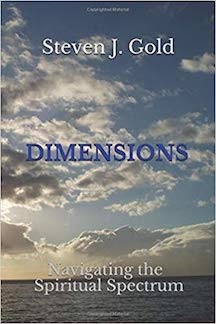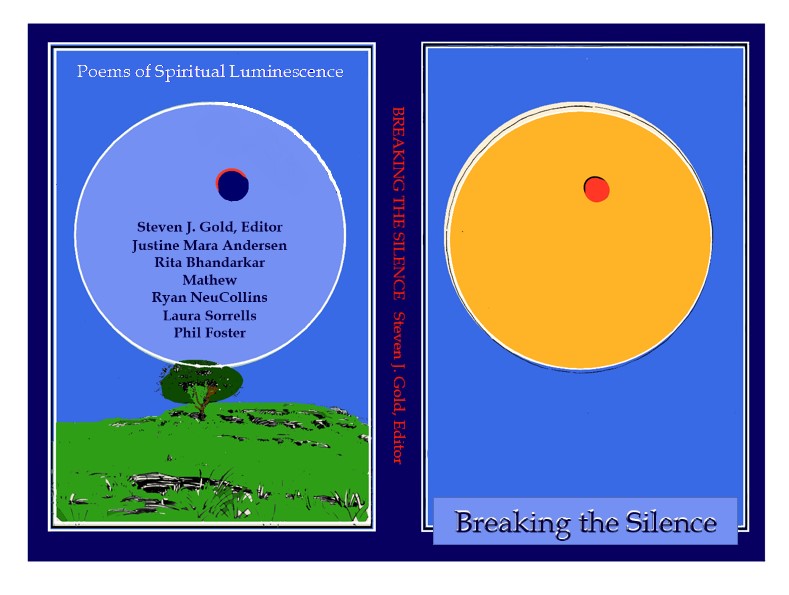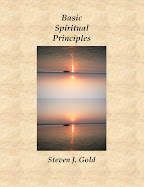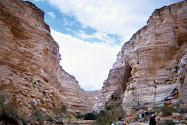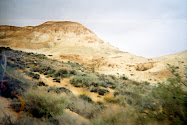When we start turning
within, we do not have to ignore the external world, nor do we have to make any
radical change in our external life. We simply have to be ourselves and create
a strong desire to know ourselves from within. That desire is the first
requirement. If one doesn’t understand the importance of spirituality and
meditation, then he should not waste his time and energy with it. If one is not
convinced that meditation is a technique that is helpful, if one is not prepared,
then he should not apply that technique. So first, to research the inner world,
one needs a burning desire to know his inner potentials and states.
In the path of sadhana
[spiritual practice, work, discipline] no effort is in vain; all sincere efforts
bear their fruits in the unconscious mind according to the inevitable law of
karma. Even a little sadhana practices with sincere effort leaves deep imprints
in the unconscious mind. Those impressions help and guide the sadhaka [person
engaging in spiritual practice] whenever he goes off the path. The conscious
part of the mind is but a small part of the whole. It is helpful in
communicating with the external world but has very little use on the inward
journey. If the conscious part of the mind is trained not to create further
barriers, then sadhana is useful.
All your actions leave
some impression in your unconscious mind, and those impressions then become
your samskaras [subtle impressions that can create limitations and limiting
impulses leading to certain external actions or reactions to outer
circumstances] and control your life. To make progress, your samskaras need to
be purified. You can do that in meditation if you ask all the impressions in
your mind to come forward, so that you can examine and burn them. You can
consciously bring forward all the latent, buried impressions during meditation,
telling your mind that you are ready to face them, and if you have built that
kind of determination and willpower, you can allow those samskaras to be burnt
mentally. They are all mental impressions, there is nothing solid or material
there. All these past impressions can be burnt, and then you can be free from
them. The goal is to expand the conscious aspect of mind so that there is no
unconscious.
Yoga sadhana alone has
explored all the unknown levels of life and is thus useful for knowing the
levels of the unconscious and for training the totality of the mind. Sadhana
alone is the way of knowing, understanding, and analyzing the internal states
and one’s relationship to the external world. While treading the path of the
inner world, the sadhaka comes in touch with those potentialities that guide
him unconsciously, or sometimes through dreams, and at other times consciously.
Fearlessness thus increases, and self-reliance is strengthened. He is fully
protected by the finer forces that exist, although he is not aware of them
because of his extroverted nature. No danger can ever befall the sincere
sadhaka in his exploration of the inner realms. The sadhaka is completely
protected if he is fully dedicated to the goal of Self-realization.
You need to examine
honestly what is in your mind. Be honest with yourself. Do not meditate if you
are being hypocritical and are just sitting and punishing yourself. There
should be only one desire, the desire for meditation, the desire to go deep
inside. At first, you will fail to achieve it, but that does not matter; you
should not give up.
Start to work with
yourself: when you work with yourself, do not waste energy observing what
others are doing. Appreciate what they are doing, and do not condemn or
criticize what they are doing. Otherwise, you spend your whole life in
celebrating or in mourning. What is important is that you constantly work with
yourself, no matter who your are. The thought, “I am going to enlighten
myself,” should not make you egotistical. You should not isolate yourself; this
thought should make you more creative, because withdrawing yourself from the
world is not your real motive; it is not life’s purpose. Your life’s purpose is
to live in the world and yet remain above it.
Above all else, remember
this one thing: it is easy to meet that Infinity within.
--from Essential Swami Rama, Swami Jnaneshvara
Bharati, Editor

